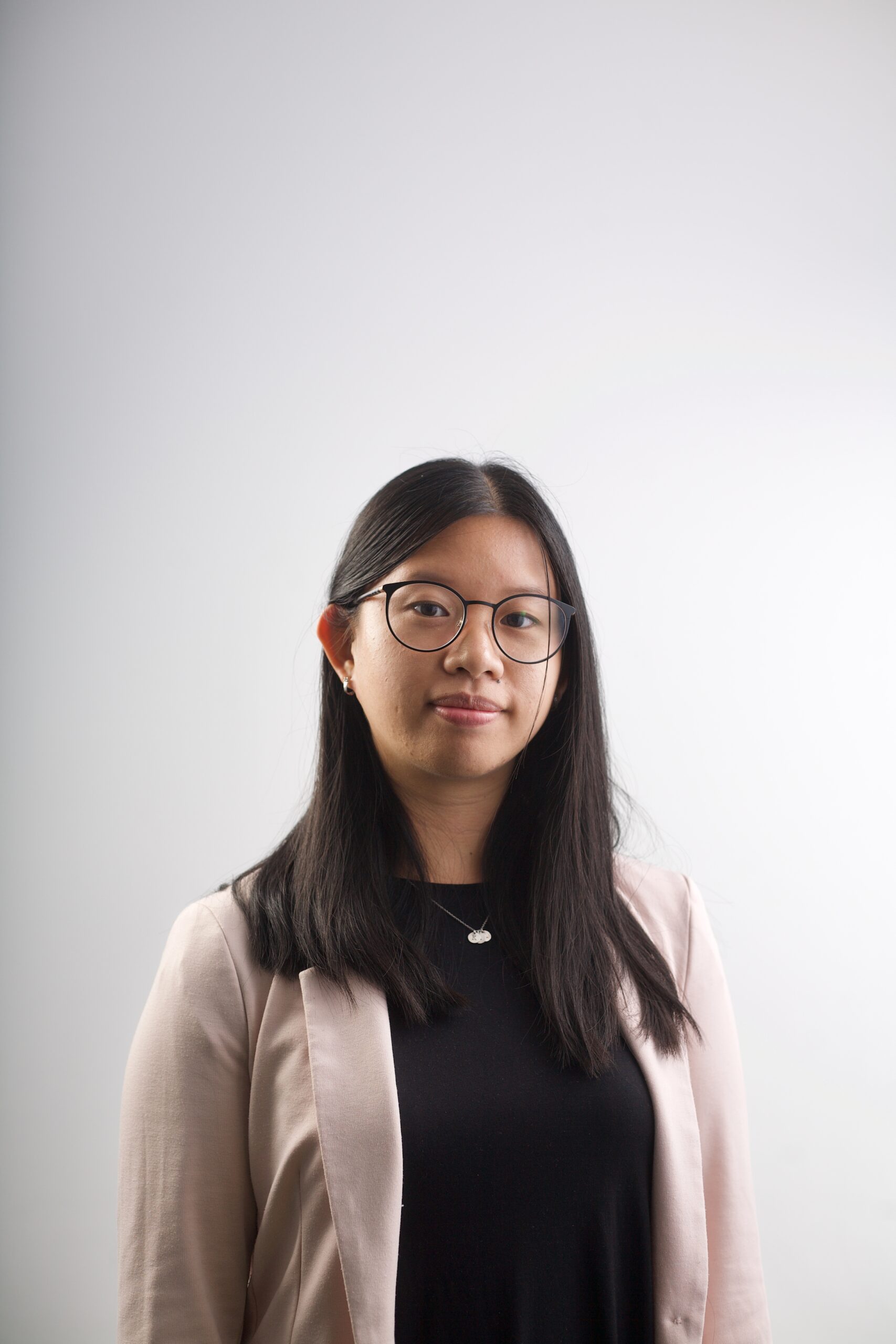Even though I am only at the end of the first semester of my doctoral degree, I wonder a lot about how my career will develop. I am somehow constantly reflecting on whether I want to stay in academia or consider other career opportunities, and also borderline anxious about deciding on what opportunities and skills I should invest in and how I can come to the right decision.
Should I think more about my skillset? My trajectory so far? The current visible opportunities, challenges and competition? Should I compare my progress with other PhD students? How do you make this kind of decision?
Knowing that keeping this struggle exclusively in my head only leads to ruminating and an unhelpful cycle of thoughts, I decided to set out and have conversations with people who have been in this situation before. Thankfully, being part of an international research network such as G-Versity and also being embedded in an international research group at my host institution means I have plenty of opportunities to have conversations with professors, supervisors, and colleagues. So in the past few months, I have taken the opportunity to informally approach some of them and asked them about their experiences in getting where they are right now and how they made those decisions.
When I asked them how they came to the decision that academia is for them, I was surprised by how a lot of the responses were that they somehow just “drifted” into the position. They mostly described the mix of “the right doors opening” (and closing) and “it is something I enjoy anyways” . Some of them clearly planned to stay in academia even before figuring out these points, and some of them claimed that it just happens. But most importantly, no two people seemed to have the same kind of decision-tree or upward moving pathway!
Of course, this is an informal-personal-qualitative-research that in no means should be taken as science and it has a lot of biases – but I must admit that I was quite surprised. My idea of having a clear ‘career development plan’ means knowing exactly where to go next and what to aim for, including what you want, what you need, a clear plan to get there, and that there is a right and wrong way of coming to this decision.
Yet how many times did I actually meet someone who knew from the beginning that they will end up being where they are and know exactly which path to take? (The answer is: almost none.)
It’s a good wake up call for me. As much as this exploration was a personal experience, a conversation particularly led me to a specific study from Claartje Vinkenburg and colleagues done on this topic (as typical in academia, it’s impossible to have conversations that don’t end up adding things to your endless reading list). I read through the study, in which the authors followed the development of researchers within academia, specifically ERCs (European Research Council frontier research grant schemes), and their results just confirmed my general thoughts: there is more to the story.
“Staying in academia” could mean so much more than I thought – It could look like you are not progressing as fast as you expected, and yet you do find your place in academia, eventually. It could look like you are staying in the same institution forever, it could also mean you hop between different universities. It could mean you get involved in government research programs rather than staying in a university.
With that, what do I mean by staying in academia anyways? Will I still question my ability and my place if, say, I end up being involved in government-related research in some other countries that I have never even visited, and I am older than my male colleagues because I took maternity leave?
Through these conversations and brainstorming sessions, I have come to realize that there are definitely more factors to take into account to evaluate my career development than I thought. And most of the time, the factors do not even rely on whether I “put in enough effort” or if I “have the right set of skills” and “make the right decisions”! Some might have the privilege of having smooth transitions, some might not. It could as well depend on how ‘lucky’ I get to be with being under the right structure, or meeting the right people.
Although this hints at some higher level structural issue, this also gave me some sort of relief, funnily enough. I kind of felt happy with the realization that I don’t have to know so much about what to do, when to do it, or whether it’s “right”. I can come to that decision much later, and gracefully consider whatever it is that life throws at me.
And the question of whether I should compare myself to others? The explicit advice that I got through these conversations was actually quite profound: “Go and have more conversations with people … Everyone will express that their way is the only way to get ahead … and in a way, they have to think that way in order to stay where they are or to proceed in life. But you get to decide for yourself.”
All I can do for now is continue being honest with myself about my interests and do my best in exploring them, and have as many conversations as possible – and the rest, well, will fall into place. And I can tell others how I “figured it out”, and tell them the same thing: “This is only my story. Don’t worry about the details – you’ll get to see your story unfold for yourself.”
Further reading:
Vinkenburg, C.J., Connolly, S., Fuchs, S., Herschberg, C., Schels, B., 2020. Mapping career patterns in research: A sequence analysis of career histories of ERC applicants. PLOS ONE 15, e0236252.. doi:10.1371/journal.pone.0236252

Gendered pathways to professional life (Finland)
